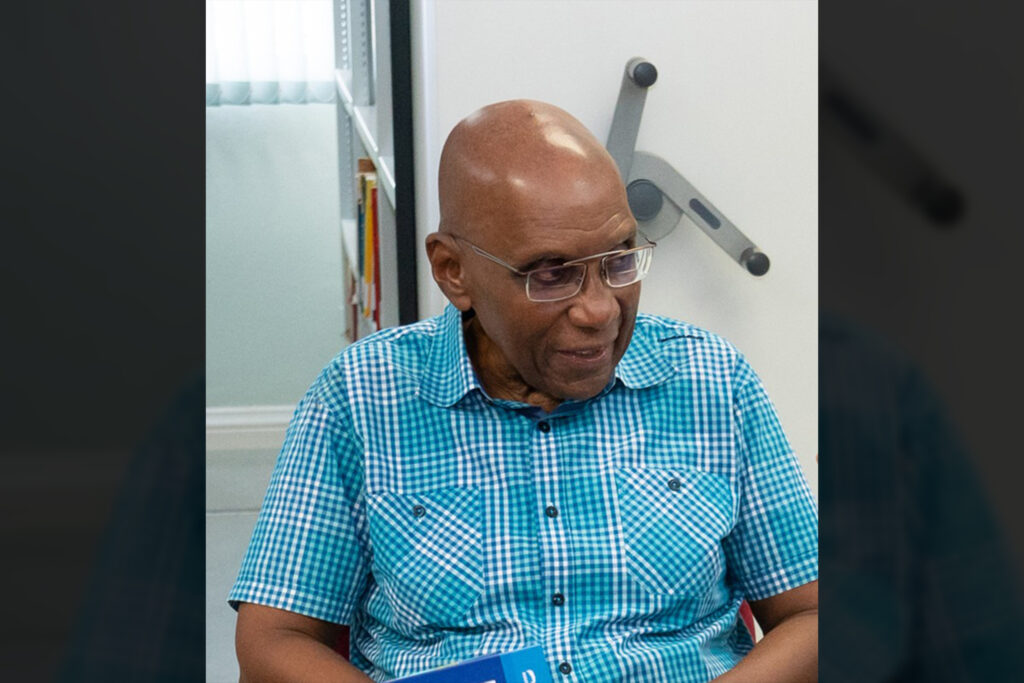Barbadians hoping for lower insurance premiums in the near future are set for disappointment, as the island’s top financial regulator has made clear that global market forces—rather than local decisions—are driving the relentless rise in costs.
Despite mounting public outcry over the affordability of insurance, Chief Executive Officer of the Financial Services Commission (FSC), Warrick Ward said Barbadians should not expect a reduction in premiums any time soon.
Speaking to journalists on the sidelines of the Caribbean Association of Insurance Regulators conference at the Hilton Barbados on Wednesday, he said that insurance premiums are “largely driven externally”.
According to Ward, the Caribbean is caught in a global “hard market” for insurance—a period characterised by high demand, limited capacity, and rising rates, particularly from reinsurers.
“So, the reinsurance companies—meaning the insurers for the insurance companies—they obviously will charge a higher level of rates,” he said.
Ward noted that the premiums paid by regional insurers far exceed what the Caribbean typically receives in claims payouts.
“We only receive $250 million roughly in terms of payout,” he said. “And the reinsurers charge us almost a billion dollars every year that we pay them for the coverage. So, clearly there’s something that’s missing there.”
Frustration has been steadily growing among the public, especially among property owners who feel burdened by insurance costs that continue to climb. But Ward stressed that the Caribbean’s small size makes it especially vulnerable in the global reinsurance market.
The long and short of it is that premiums will not be going down any time soon due to external factors.
“No, no,” he said when asked if premiums could be reduced. “The models have been recalibrated to take into consideration those emerging risks—flood damage, climate change, the potential for more intense hurricanes. So the recent models have taken those risks into consideration. But those risks do not naturally or necessarily take into account our potential risks.”
He continued: “The challenge that we face is that we’re a very small region…. We are not considered a homogenous group. We’re lumped with Florida. We’re lumped with all the things that are happening in Central America. And so, basically, our claims experience does not meet our reality of what we pay.”
Ward likened insurance to a “lifeline”, but warned that unless the region finds a way to take more control of its own risk financing, it will remain at the mercy of external pricing models that do not account for local realities.
“You know what insurance is—it’s just a lifeline. So, we would definitely need to think about how we can sort of reinsure ourselves,” the FSC chief said.
He suggested that the region should look at developing its own reinsurance mechanisms tailored to its specific risk profile.
“There should be a way in which we can collectively look and see how we can create our own type of reinsurance product for the region that matches our claims reality or claims experience. And that’s really the key,” he said.
Addressing the question of climate change and rising storm intensity, Ward said while other high-risk regions like California and Florida are facing insurability crises, the Caribbean still has some room to manoeuvre—provided it can continue to meet its premium payments.
“As long as we’re able to pay the premium—given that collectively our assets are not as significant,” he said. “You don’t have skyscrapers, really, in the region. So, the cost for replacement is not as significant as California or Florida or these bigger cities.”
Still, he advocated for the slow build-up of a regional reinsurance fund, possibly through institutions such as the Caribbean Catastrophe Risk Insurance Facility (CCRIF), to keep more risk capital within the region.
“If you remember, the Minister [in the Ministry of Finance Ryan Straughn] said that we paid out $750 million roughly, regionally, in terms of insurance premium to the reinsurers. But if you look at our claims experience stretching back 20, 30 years, we would have paid out much more by multiples than what we actually received.”
Ward continued: “If you do the calculation, that’s $500 million roughly a year that we could have been saving. And if you multiply that over 10, 20 years… what I’m saying is that you will need to slowly build up that base, build up that reinsurance fund before you’re able to say, well, you can fully cede yourself from reinsurers, global reinsurers.”
But he added that regional self-insurance would not mean cutting off external reinsurers altogether.
“I’m not saying that immediately you need to go and stop reinsuring outside because one of the things is diversification. You’re not going to reinsure with an entity in the same zone that you could potentially be struck— or at least those investments will be somewhere outside of the region,” Ward said.
sheriabrathwaite@barbadostoday.bb
The post FSC chief: No end in sight to rising insurance costs appeared first on Barbados Today.

